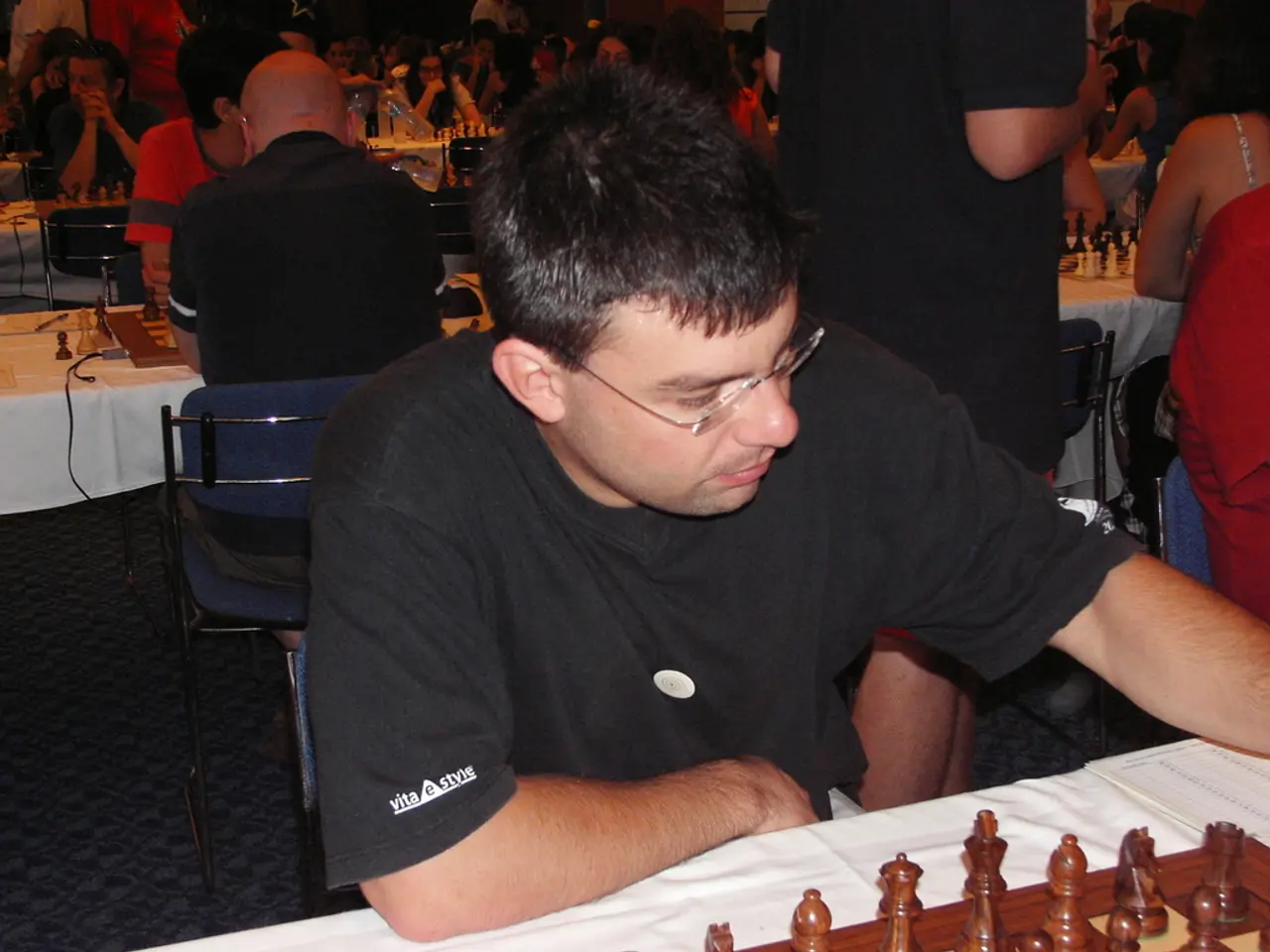Dario Amodei discussion about the conduct and learning process of Claude AI
=================================================================================================
In the realm of artificial intelligence (AI), the development and fine-tuning of models is a complex dance that mirrors the difficulties of shaping behaviour, whether artificial or human. This intricate process is particularly fascinating for those who have extensively studied and written about human nature.
The development of AI models, such as Claude, involves navigating complex tradeoffs in behaviour and personality. Balancing helpfulness, safety, honesty, and avoiding harmful traits like sycophancy, hallucination, or maliciousness is crucial. Anthropic's recent research reveals that these AI personality traits correspond to specific neural activity patterns, known as "persona vectors," within the model's activation space. These patterns can be monitored, enhanced, or suppressed to guide the AI's behaviour more precisely.
Perfecting and testing an AI's personality, however, presents its own set of challenges. Personality shifts can occur unexpectedly during use or training, leading to unpredictable or unwanted behaviours. To address this, monitoring tools developed by Anthropic allow for the detection of when the model drifts towards harmful traits during deployment, enabling corrective interventions before problems worsen. Furthermore, Anthropic employs novel training methods akin to "inoculation," where the model is exposed to undesirable trait vectors under controlled conditions, building resilience against negative influences in training data while preserving positive capabilities.
Claude's personality and behaviour are also guided by a constitution of ethical and safety principles, making it more consistent, reliable, and less prone to output harmful or biased content. This careful tuning creates a conversational experience that feels secure and trustworthy, highlighting the tradeoff between being helpful and maintaining principled behaviour without becoming overly restrictive.
The development of Claude demonstrates that AI personality must be managed as a delicate balance of traits mapped within the model's internal workings. Understanding and controlling these traits scientifically remains a challenge, requiring advanced monitoring, preventive training techniques, and ethical frameworks to ensure reliable, safe, and aligned behaviour as AI models grow more complex.
The development of AI models requires persistent, deliberate effort, similar to how great products and great character are built. The difficulties faced in fine-tuning AI models may well be the perfect training ground for the bigger questions that lie ahead. As these systems grow more powerful, the questions of control and intention will become increasingly critical.
Read also:
- 1. Key Points for August 14: Gathering in Alaska, Immigration Enforcement (ICE), Financial service Zelle, Infowars, and Air Canada Airline Incidents
- Automobile manufacturer IM Motors reveals an extended-range powertrain akin to installing an internal combustion engine in a Tesla Model Y.
- Conflict Erupts Between Musk and Apple Over Apple Store's Neglect of Grok
- Partnership between MTN South Africa and SANTACO aims to advanced transportation systems and stimulate economic opportunities for the masses in South Africa.




